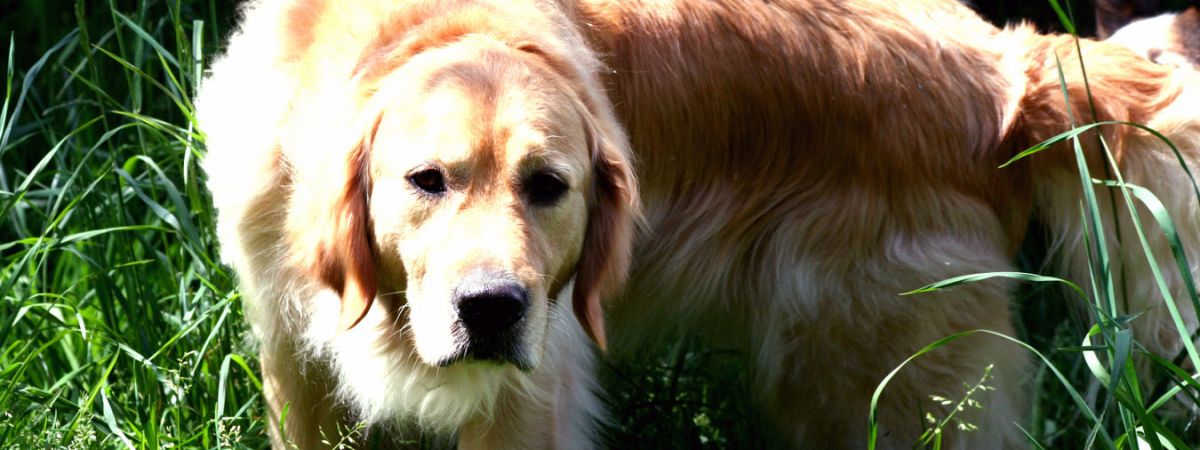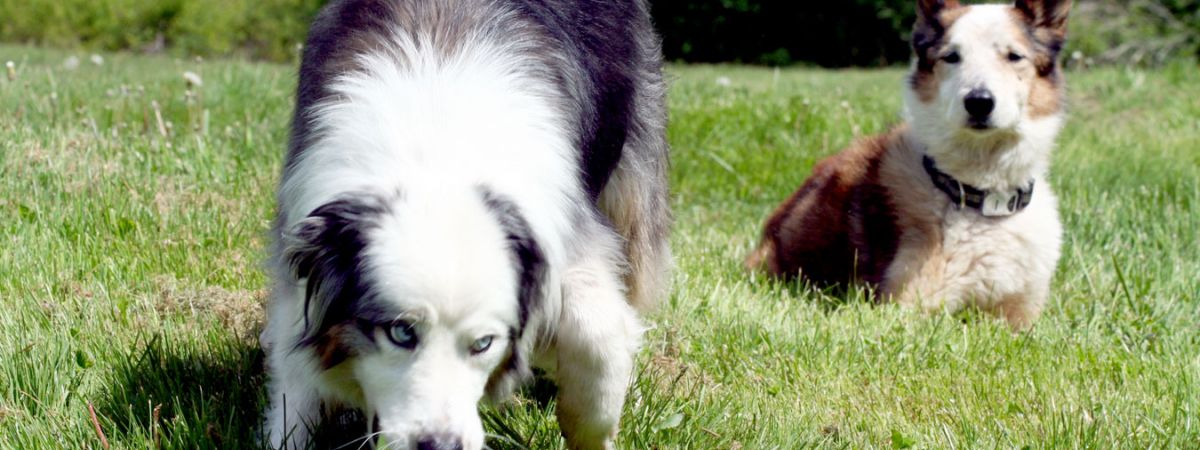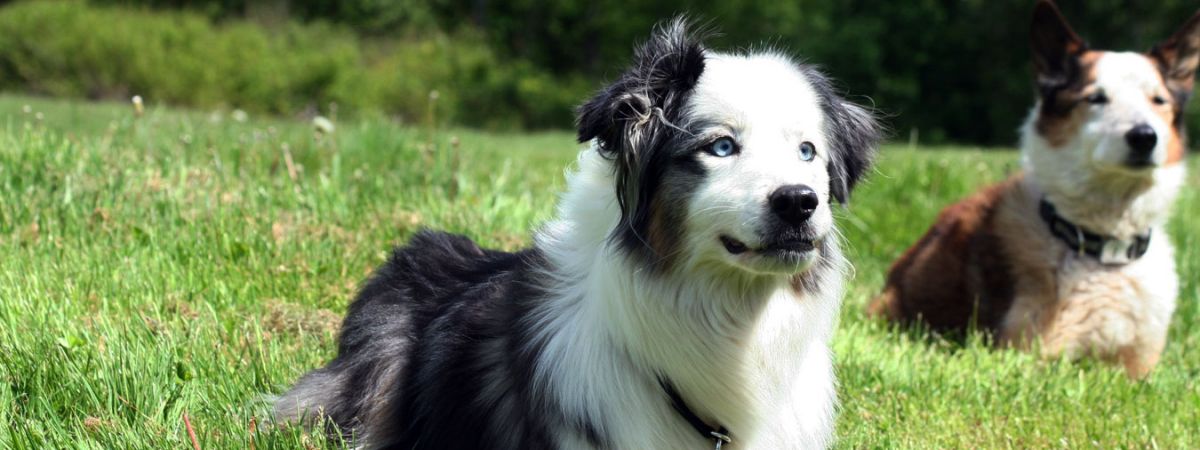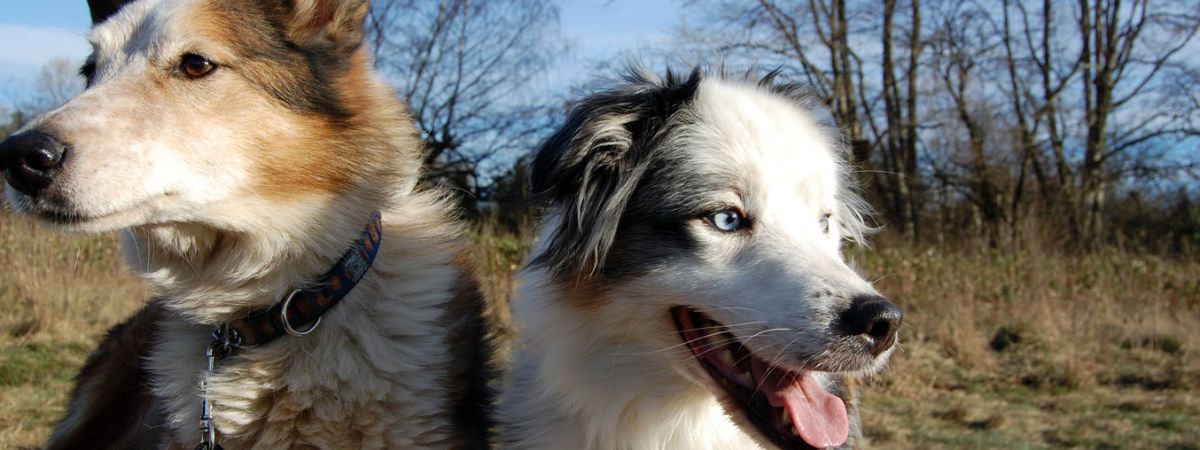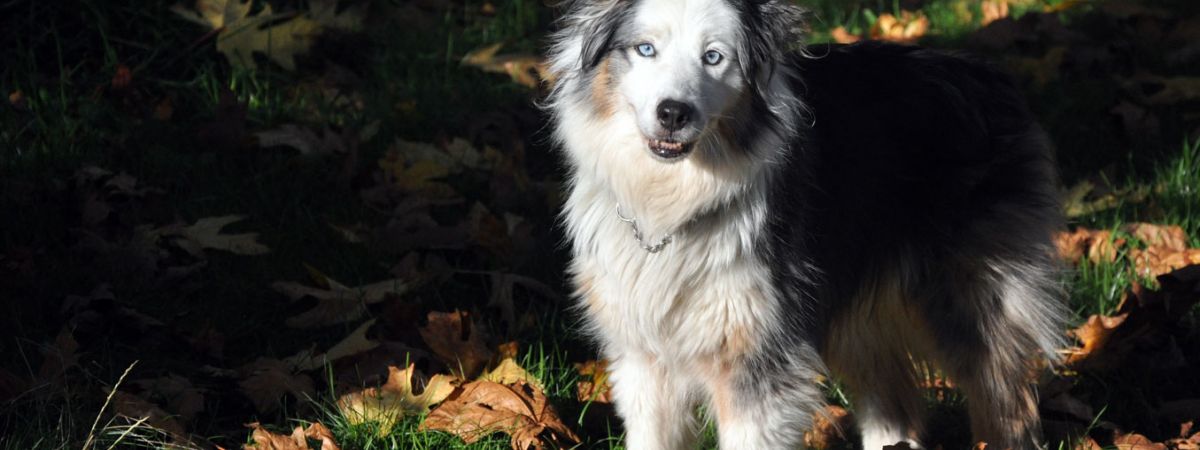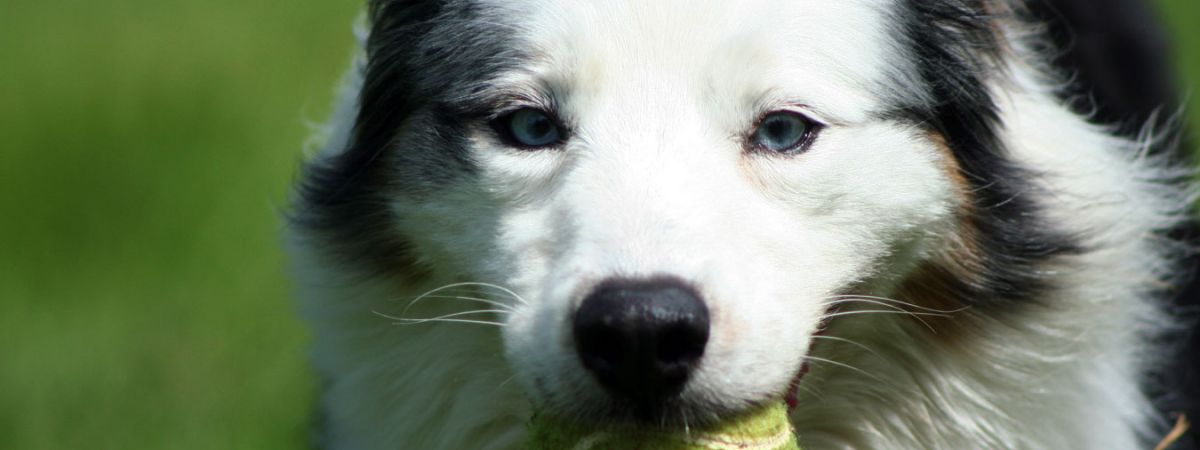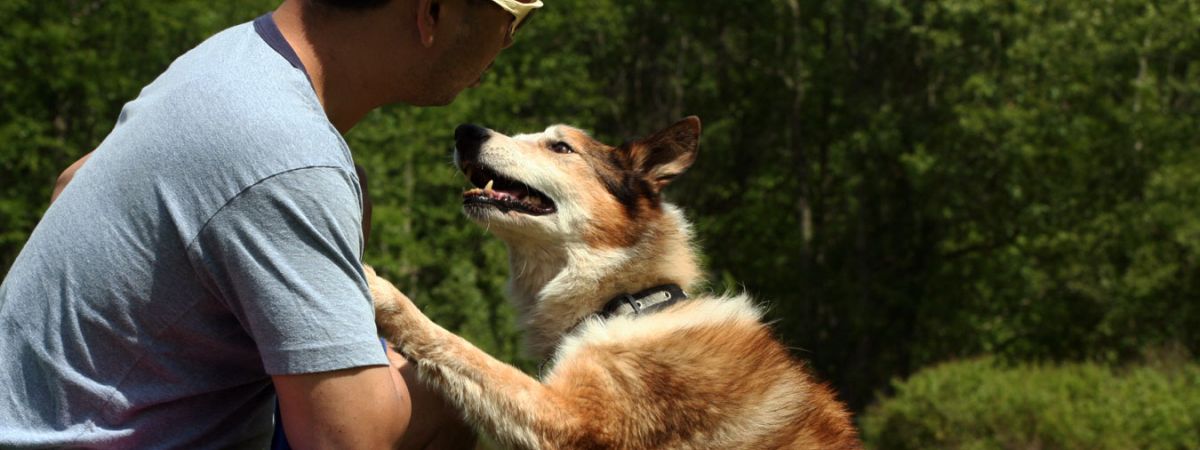Tips for Two Puppies
For some families, having two puppies can be double the fun. Sometimes it’s a matter of not being able to choose just one, and other times they simply want two pups so they’ll have each other to be with.
There are some specific steps that need to be taken in homes that have two puppies and implementing these tips now can help avoid behavioral issues down the road.
One dilemma is deciding whether to keep the pups in one crate together when you go out or are sleeping, or to have separate crates for each. While finances and togetherness may make it seem like staying together all the time is a good idea, behaviorally it’s much better to have separate crates for each dog.
There are many reasons for this, not the least of which is that the puppies need to be able to function independently of one another. When two puppies grow up together (regardless of whether or not they’re siblings), if they are together 24/7, severe anxiety issues can develop when they’re apart. While it may seem that’s not a problem because they’ll pretty much always be together, in reality there will be times when they will need to be separated. Should one dog get an ear infection and need to go to the vet, they will be apart. If you go on a family leash walk, they will not be side by side the entire time. When the pups are spayed/neutered, you will be instructed to have them take it easy for several days, which can be extremely hard to accomplish if they’re together every minute.
Another reason for the dogs to spend time apart is so they’ll each know how to relax. If they are together at all times, puppies will likely wrestle and play almost constantly, which can lead to having two dogs who don’t know when “enough is enough.” By having separate quiet time in their crates, they will learn to relax during appropriate times.
Another important step to take is making sure you work with them on obedience training not only together, but also individually. A common mistake is to let the puppies become a dog pack of its own that happens to reside in your house. This can lead to the dogs having too much of a relationship with each other and not enough of a relationship with the humans. By working with the dogs separately, you’ll have the opportunity to develop a relationship with each dog so they learn to respect you, respond to commands and become a part of the overall household pack, including the humans.
Other steps that should be taken include making sure the puppies have separate food and water bowls so that resource guarding issues to not develop as they mature, and so you can control how much food each dog is eating. Also, they should each have their own leash and collar which they’ll associate with going out on walks or practicing training. Overall, every aspect of their lives should be treated as if they are individual dogs… which they are.
By implementing some of these steps as early as possible, you and your puppies can all have the best possible relationships while avoiding problems in the future.

